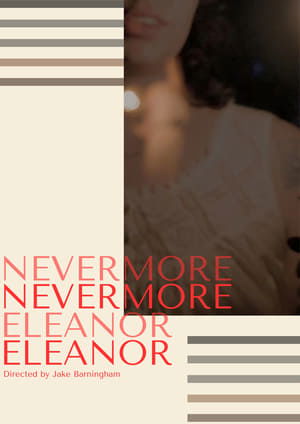
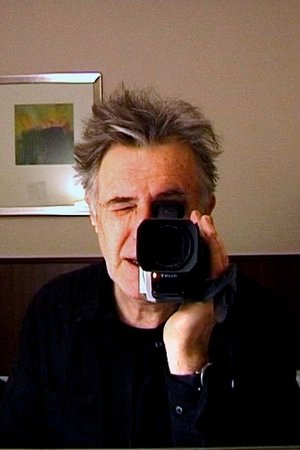
Hotel Diaries(2007)
Made over six years in the hotels of six different countries, Hotel Diaries charts the 'War on Terror' era of Bush and Blair through a seven-part series of video recordings that relate personal experiences to the ongoing conflicts in Afghanistan, Iraq and Israel/Palestine. In these works, which play upon chance and coincidence, hotel rooms are employed as 'found' film sets, where architecture, furnishing and decoration become the means by which the filmmaker’s small adventures are linked to major world events.
Movie: Hotel Diaries

Hotel Diaries
HomePage
Overview
Made over six years in the hotels of six different countries, Hotel Diaries charts the 'War on Terror' era of Bush and Blair through a seven-part series of video recordings that relate personal experiences to the ongoing conflicts in Afghanistan, Iraq and Israel/Palestine. In these works, which play upon chance and coincidence, hotel rooms are employed as 'found' film sets, where architecture, furnishing and decoration become the means by which the filmmaker’s small adventures are linked to major world events.
Release Date
2007-10-20
Average
0
Rating:
0.0 startsTagline
Genres
Languages:
Keywords
Similar Movies
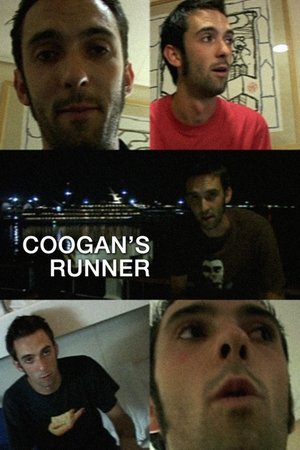 0.0
0.0Coogan's Runner(en)
Video diary from behind the scenes of 2002's "Cruise of the Gods."
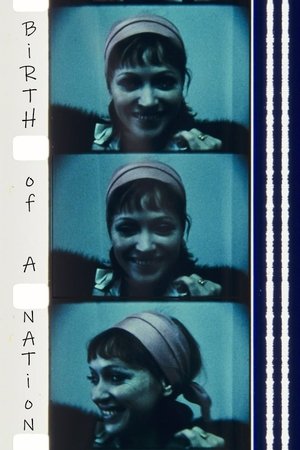 6.3
6.3Birth of a Nation(en)
Filmmaker Jonas Mekas films 160 underground film people over four decades.
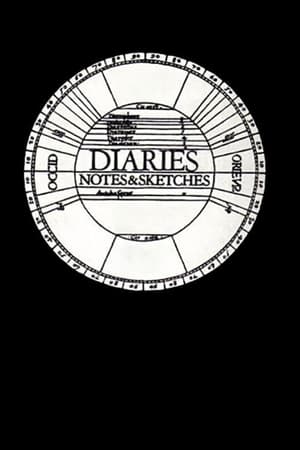 7.5
7.5Diaries, Notes, and Sketches(en)
An epic portrait of the New York avant-garde art scene of the 60s.
As You Are(en)
A glimpse into a visual representation of memory; A Christmas-time series of meals, coffees, and movies, with friends, lovers, and housemates. Faced with the compounding of faces and places, each moment begins to collide with one another: voices are muddled, and faces are broken. How is memory created? How are they separated from one another?
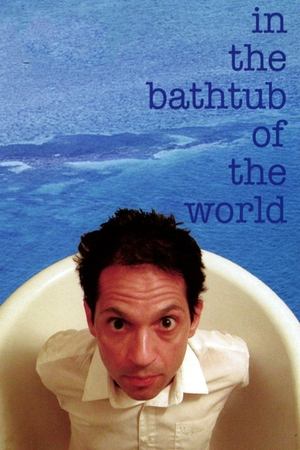 5.5
5.5In the Bathtub of the World(en)
On January 1st, 1999, Caveh Zahedi started a one-year video diary. The idea was to shoot one minute each day. This is the result.
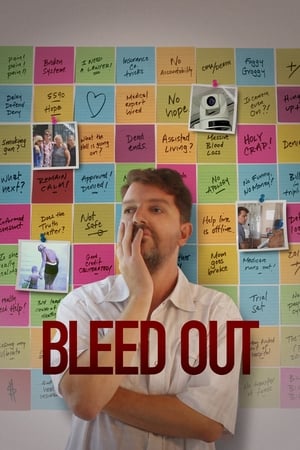 7.7
7.7Bleed Out(en)
After a routine partial hip replacement operation leaves his mother in a coma with permanent brain damage, what starts as a son's video diary becomes a citizen's investigation into the future of American health care.
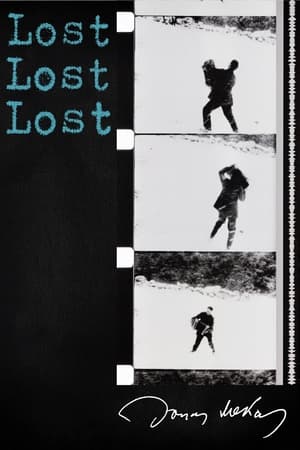 7.0
7.0Lost, Lost, Lost(en)
Jonas Mekas adjusts to a life in exile in New York in his autobiographical film, shot between 1949 and 1963.
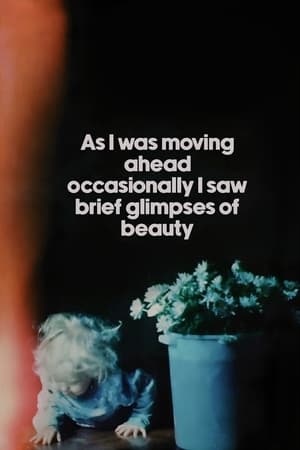 7.6
7.6As I Was Moving Ahead, Occasionally I Saw Brief Glimpses of Beauty(en)
A compilation of over 30 years of private home movie footage shot by Lithuanian-American avant-garde director Jonas Mekas, assembled by Mekas "purely by chance", without concern for chronological order.
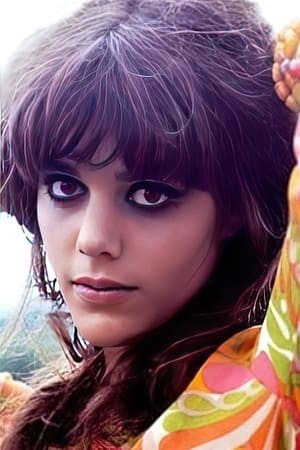 6.0
6.0La deuxième femme(fr)
Over the course of more than fifteen years, Clémenti films a series of intimate diaries, starting from daily encounters. In La deuxième femme, we see Bulle Ogier and Viva, Nico and Tina Aumont, Philippe Garrel and Udo Kier, a performance by Béjart, a piece by Marc’O, concerts by Bob Marley and Patti Smith (not always recognisable)... It’s like a maelstrom of psychedelic images that are passed through a particle accelerator.
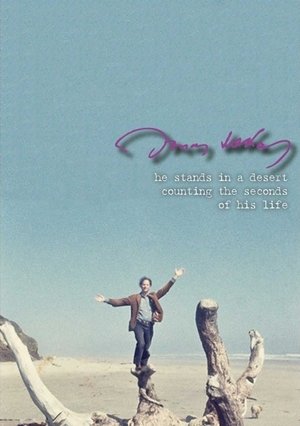 8.2
8.2He Stands in a Desert Counting the Seconds of His Life(en)
A film collage tracing the story of the lives, loves, and deaths within the artistic community surrounding Jonas Mekas.
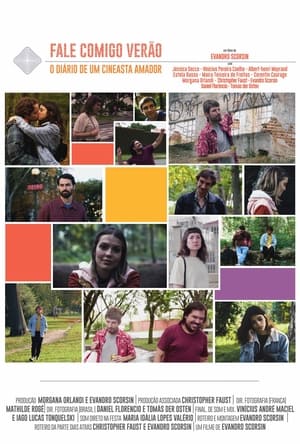 7.0
7.0Fale Comigo Verão: O diário de um cineasta amador(pt)
For years, together with his partners from the production company O Quadro, he has been betting on cinema as a tool to explore the typical issues of youth. In this film, Evandro Scorsin turns the cameras on himself as he deals with the dilemmas of the passing of time and the imposition of adulthood. In an exercise in autofiction where cinema and life merge, the film is also a cinematic love letter to the beloved masters (especially Nicholas Ray). Coming and going between two countries and times, it records the vertigo of displacement and the reinventions inherent to an immigrant experience.
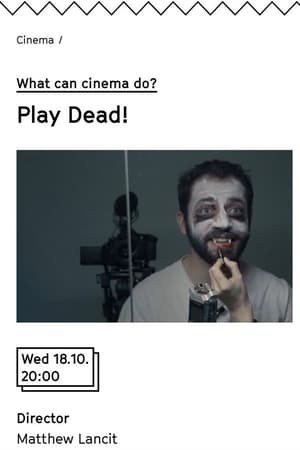 10.0
10.0Play Dead!(fr)
If there is one person Matthew Lancit can’t get out of his mind, it is his uncle Harvey. Dark rings around his eyes, pale, blind, his legs amputated. Like Harvey, the filmmaker also suffers from diabetes. He has the disease under control, but one question is always nagging at him: How much longer? His long-term (self-)observation reliably revolves around fears of infirmity and mutilation. He translates the feared body horror into film, stages himself as a zombie, vampire, a desolate figure. Lancit playfully anticipates his potential decline, serving up a whole arsenal of effects which – as video recordings prove – go back to his youth. It is not for nothing that the “dead” in the title is also reminiscent of “dad.” Because “Play Dead!” also negotiates his own role as a father.
Mathilde(fr)
An old man comes across a fascinating archive, then meets a woman who introduces him to the life of a banker, patron and philanthropist. A moving essay that is part documentary, part film diary.
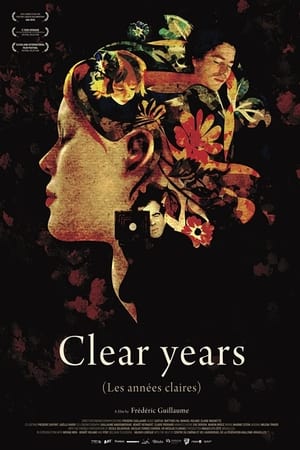 0.0
0.0Clear years(pt)
I wasn’t told. I wasn’t told it would be so difficult to live together. To keep a family together. To maintain love and happiness. I wasn’t told, and if someone had told me I wouldn’t have listened. I chose to live with my camera in my hand, filming the trajectory of feelings, from the golden age to the lost paradise, from being born to being reborn.
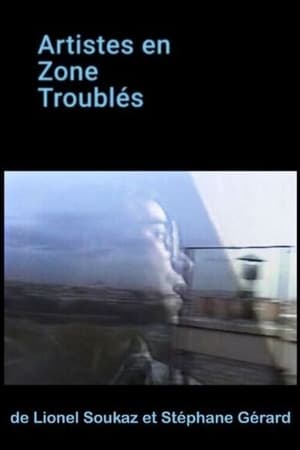 0.0
0.0Artistes en zones troublés(fr)
Daily spleen, drunkenness among friends, conversations and the passage of time: the video diaries composed by Lionel Soukaz chronicle the early 1990s, the comet tail of those never-ending winter years and the nightmare of the AIDS years. But edited thirty years later with Stéphane Gérard, they are also a tribute to Hervé Couergou, the beloved partner at the center of all the filmed scenes. Slowly, in conversations between couples and friends, the dandy spirit and intimate confession overlap. What emerges is a portrait of a way of dealing with the times and their pain, which, beneath the act of commemoration, seeks to inscribe a living presence.
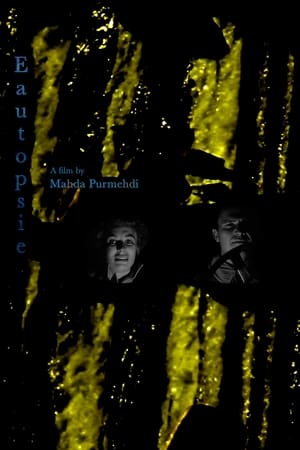 0.0
0.0Eautopsie(en)
An enigmatic glimpse of life through precarious vignettes, propelling a narrative through a nebulous and opaque structure that sutures the filmmaker's home movie footage to archival material—from Hollywood narrative films to political selfie videos. A handmade impression of a time suspended between past and present and the ghosts and places occupying it, contemplating the nature and meaning of vision, memory and image making.
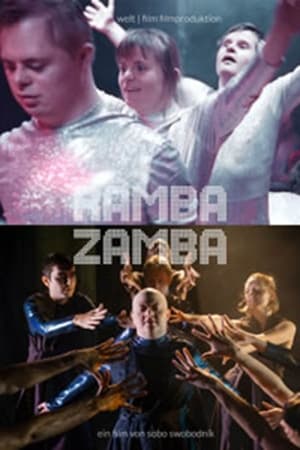 0.0
0.0Ramba Zamba(de)
Ramba Zamba: a theater with handicapped and non-handicapped people/actresses and actors, which has been living and working on inclusive integrative togetherness impressively every day for thirty years now. The film accompanies the mentally and physically impaired actresses and actors for six months through the theatrical production of the play GOLEM, from the beginning of rehearsals to the premiere. In doing so, the film is also partly influenced by the portrayed persons themselves, quasi inclusively co-determined, by them capturing their own view and perception, their view of reality itself on film.
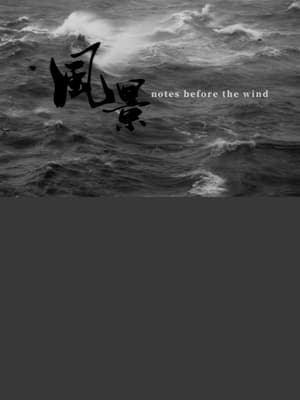 0.0
0.0Notes before the Wind(cn)
A loose collection of scenes in Hong Kong shot over a five-year period, this film begins with the Umbrella Movement in 2014 and ends right before the summer of 2019, when large-scale social unrest and violent resistance erupted. The everyday scenes capture the ambience and the landscape of change in the city, standing as a quiet prelude to the ensuing conflicts.
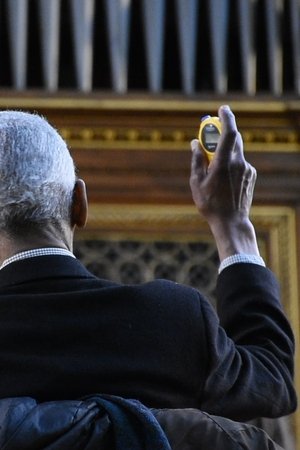 6.8
6.8Thick Air(en)
An experimental music ensemble is recording an album. They want a very specific sound: the sound of thick air. The sound engineer struggles to understand and to find that sound. A tale of sleepless nights and loud music, a noise-injected collage composed of diaristic footage, a found narrative (memories of a popular 60s band), original music and field recordings.
